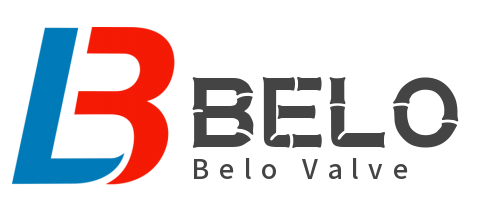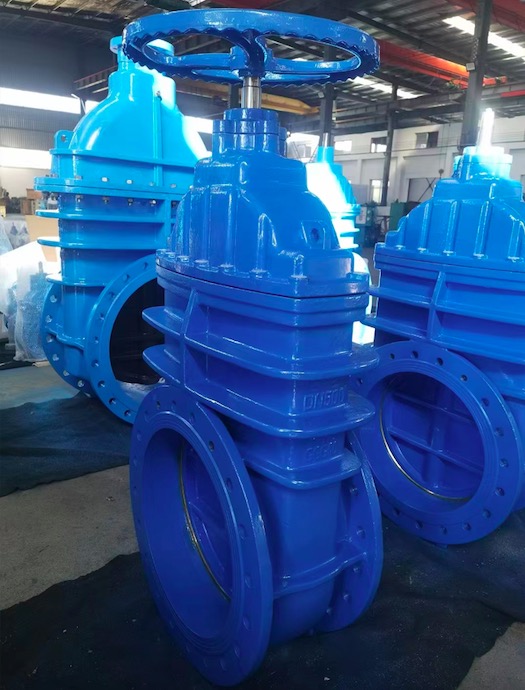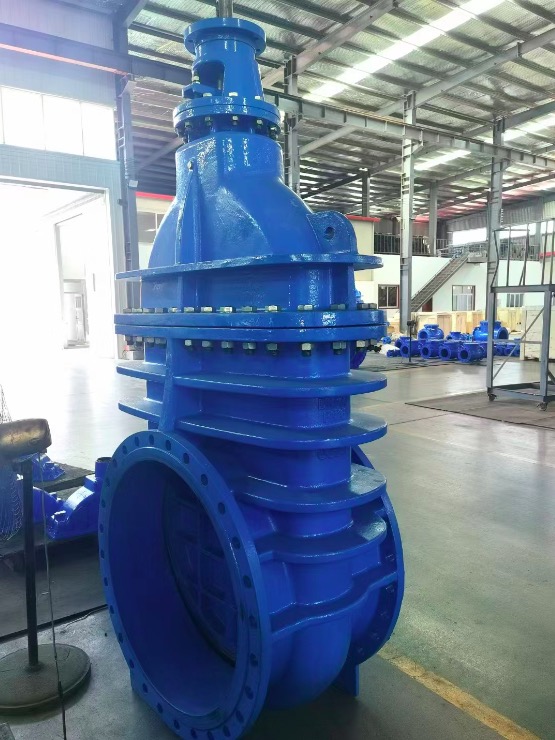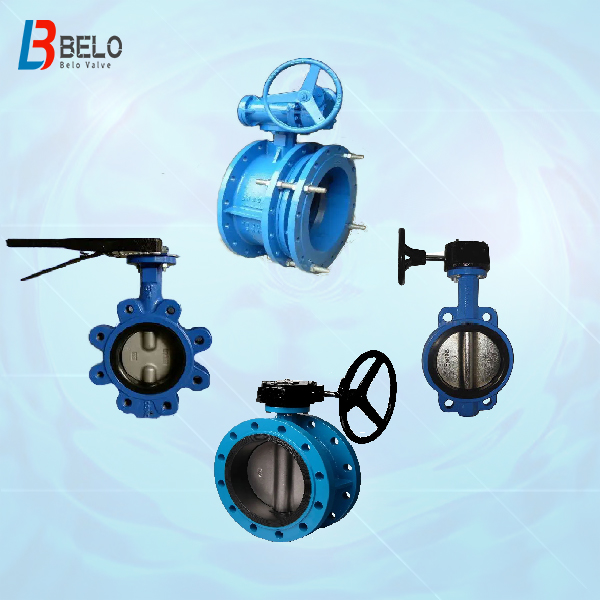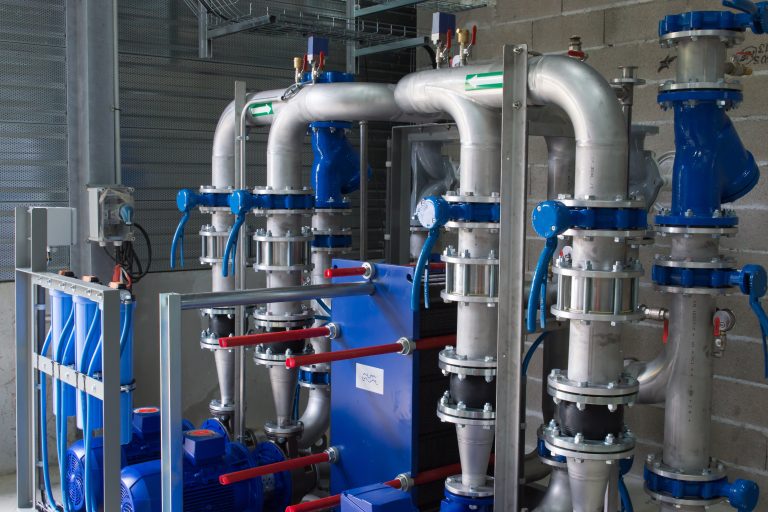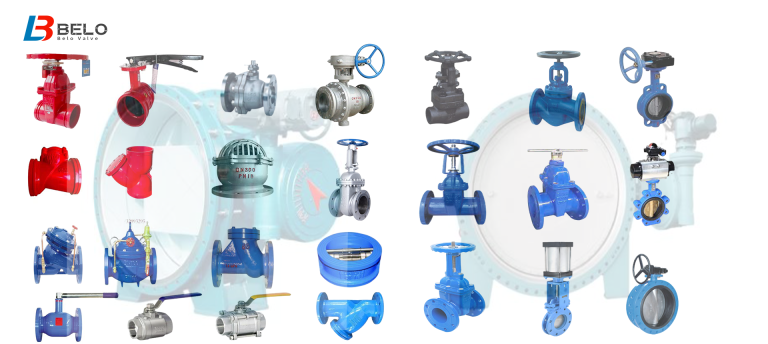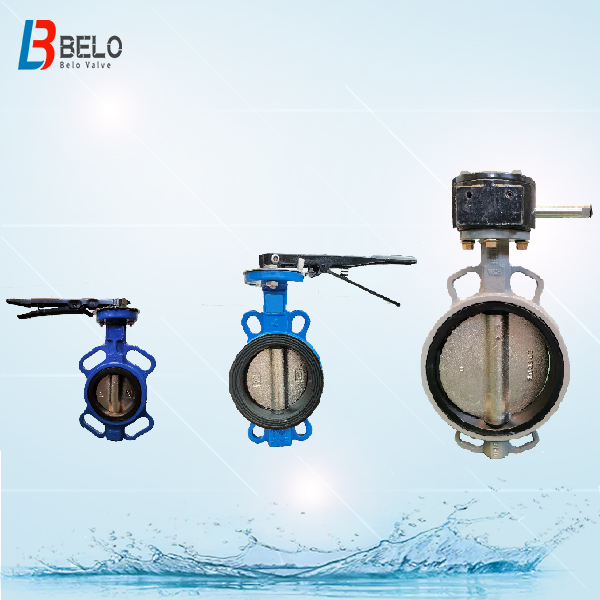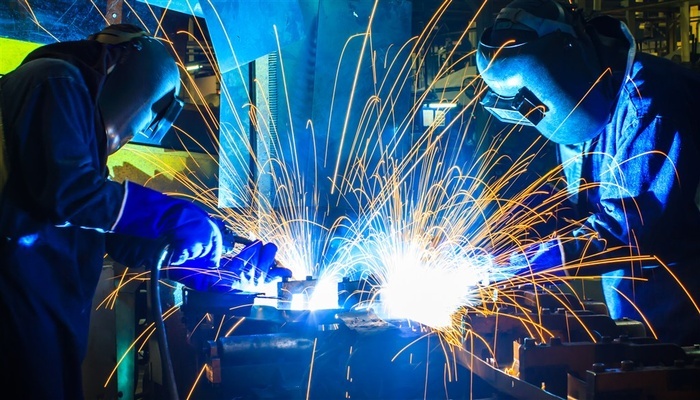F4 metal to metal seated non-rising stem flange gate valves, DN40mm-DN1200mm PN10 and PN16, are one kind of industrial gate valves widely used for controlling the flow of fluids in various applications. In this article, we will explore the features, advantages, and applications of F4 metal to metal seated non-rising stem flange gate valves, shedding light on why they are a popular choice in the valve industry.
1. Overview of F4 Metal to Metal Seated Non-Rising Stem flange Gate Valves:
Definition: F4 metal to metal seated non-rising stem flange gate valves are a type of gate valve designed with a metal seat interface and a valve stem that does not rise when that gate valve is operated.
Construction: These F4 metal to metal seated NRS flange gate valves are typically constructed with durable materials like cast iron, ductile iron, ensuring reliability and longevity in demanding environments.
Metal-to-Metal Seating: The metal-to-metal sealing design of these F4 metal seated non rising stem flange gate valves provides excellent sealing performance, ensuring minimal leakage and increased operational efficiency, especially for high temperature working conditions, those metal to metal seated gate valves are one perfect option.
2. Manufacturing process of F4 metal to metal seated non rising stem flange gate valves:
The manufacturing process of F4 metal to metal seated non-rising stem flange gate valves involves several steps to ensure their quality and functionality. Here is an overview of the typical manufacturing process:
Material Selection:
The process begins with the selection of appropriate materials based on the intended application and fluid compatibility. Common materials used for F4 metal to metal seated non rising stem flange gate valves include cast iron or ductile cast iron for the valve body, cast iron or ductile iron for the gate, and metal alloys for the seat and stem.
Pattern Making and Casting:
A pattern is created based on the F4 metal to metal seated non rising stem flange gate valve specifications and design. This pattern is used to create a mold for casting the valve body. Sand casting or investment casting methods are commonly employed to produce the cast iron or ductile iron valve body with the desired size and shape.
Machining:
After casting, the gate valve bodies undergo machining processes to achieve precise dimensions and smooth surface finishes. This involves operations such as cutting, drilling, and threading to create the necessary features and connection points for the flange gate valve assembly.
Assembly of Valve Components:
The various valve components, including the gate, stem, seat, bonnet, and gaskets, are assembled according to the valve design. The stem is attached to the gate, and the metal seat material is securely welded in the valve body to ensure proper sealing.
Surface Treatment:
The gate valve components are subjected to surface treatments to enhance their corrosion resistance and durability. Common surface treatments include anti-corrosion coatings, such as epoxy powder coating or Teflon coatings, depending on the specific requirements of the gate valve.
Testing and Quality Assurance:
Once the F4 metal to metal seated non rising stem flange gate valve is assembled, it undergoes rigorous testing to ensure its functionality and quality. This includes tests for leakages, pressure resistance, flow characteristics, and proper operation. Quality control procedures are employed to check the valves against industry standards and specifications.
Packaging and Delivery:
After passing the required tests and inspections, the F4 metal to metal seated non-rising stem flange gate valves are carefully packaged to prevent damage during transportation. They are then shipped to distributors or directly to customers, ready for installation and use.
It’s worth noting that the specific manufacturing process may vary depending on the manufacturer and specific design requirements. Quality control measures and adherence to relevant standards, such as ISO or API, are crucial throughout the manufacturing process to ensure the production of reliable and high-quality F4 metal to metal seated non-rising stem flange gate valves.
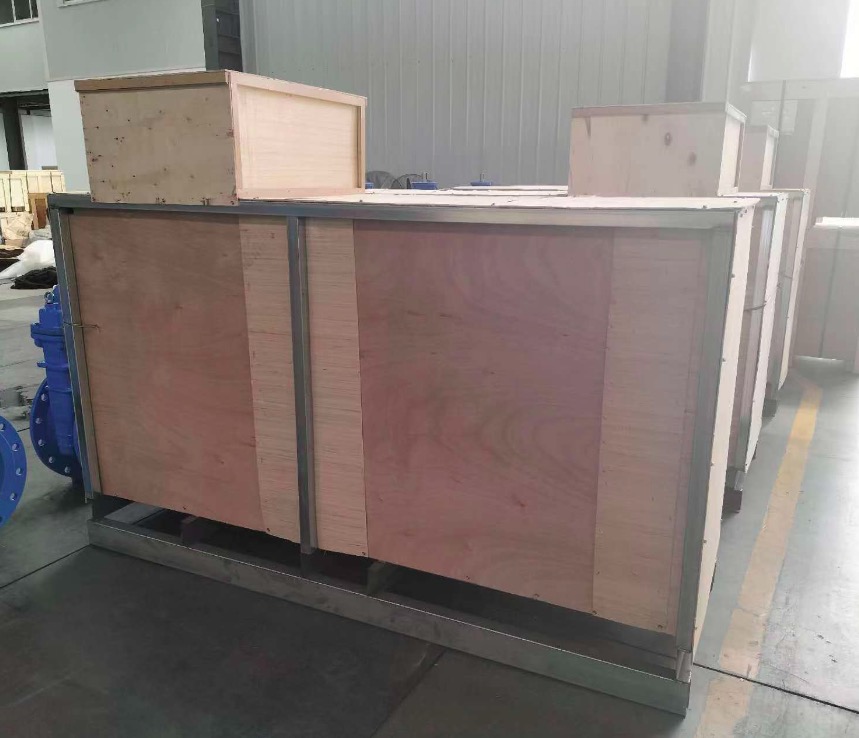
3. What are the key advantages for F4 metal to metal seated non rising stem flange gate valves:
Enhanced Durability: The metal-to-metal seating of these F4 metal seated NRS flange gate valves enables them to withstand high temperatures, pressure differentials, and abrasive media, making them suitable for challenging industrial applications.
Zero Leakage: The metal seat interface of the metal seated NRS flange gate valve provides tight sealing, minimizing or eliminating leakage concerns, which is crucial in industries where product containment is essential.
Low Maintenance: Due to their robust construction and reliable sealing mechanism, F4 metal to metal seated non-rising stem flange gate valves require minimal maintenance, reducing downtime and operational costs.
Space Efficiency: The non-rising stem design of the F4 metal to metal seated NRS flange gate valve allows for more compact installations, making them an ideal choice in installations with space limitations.
Versatility: These F4 metal seated NRS flange gate valves can handle a wide range of fluids, including liquids, gases, and even highly corrosive or abrasive media, making them versatile in various industries.
4. Where are those F4 metal seated NRS flange gate valves are applied:
Oil and Gas Industry: These F4 metal to metal seated non rising stem flange gate valves are commonly utilized in oil refineries, petrochemical plants, and natural gas processing facilities for controlling the flow of crude oil, natural gas, and other hydrocarbon-based fluids.
Chemical Industry: F4 metal to metal seated non-rising stem flanged gate valves find applications in chemical processing plants, where they handle corrosive chemicals and maintain reliable shut-off capabilities.
Power Generation: In power plants, these F4 metal to metal seated NRS flange gate valves are used for steam isolation, feed water control, and other critical applications that require precise flow control in high-temperature and high-pressure environments.
DIN F4 metal to metal seated non-rising stem flange gate valves offer numerous advantages, including durability, tight sealing, low maintenance, and space efficiency. Their versatility allows their use in various industries, including oil and gas, chemical processing, water treatment, and power generation. Choosing these metal to metal seated gate valves ensures reliable and efficient flow control, making them a preferred option for critical applications where performance and reliability are paramount.
Belo Valve is one wholesale exporter for F4 metal to metal seated non rising stem flange gate valves, we can supply the diameter of F4 metal seated gate valve DN40mm-DN1200, and nominal pressure PN10 and PN16, and the metal sealing material is usually using the brass or stainless steel. if you need more information about those large diameter F4 metal to metal seated non rising stem flange gate valves, you can contact us direct:
